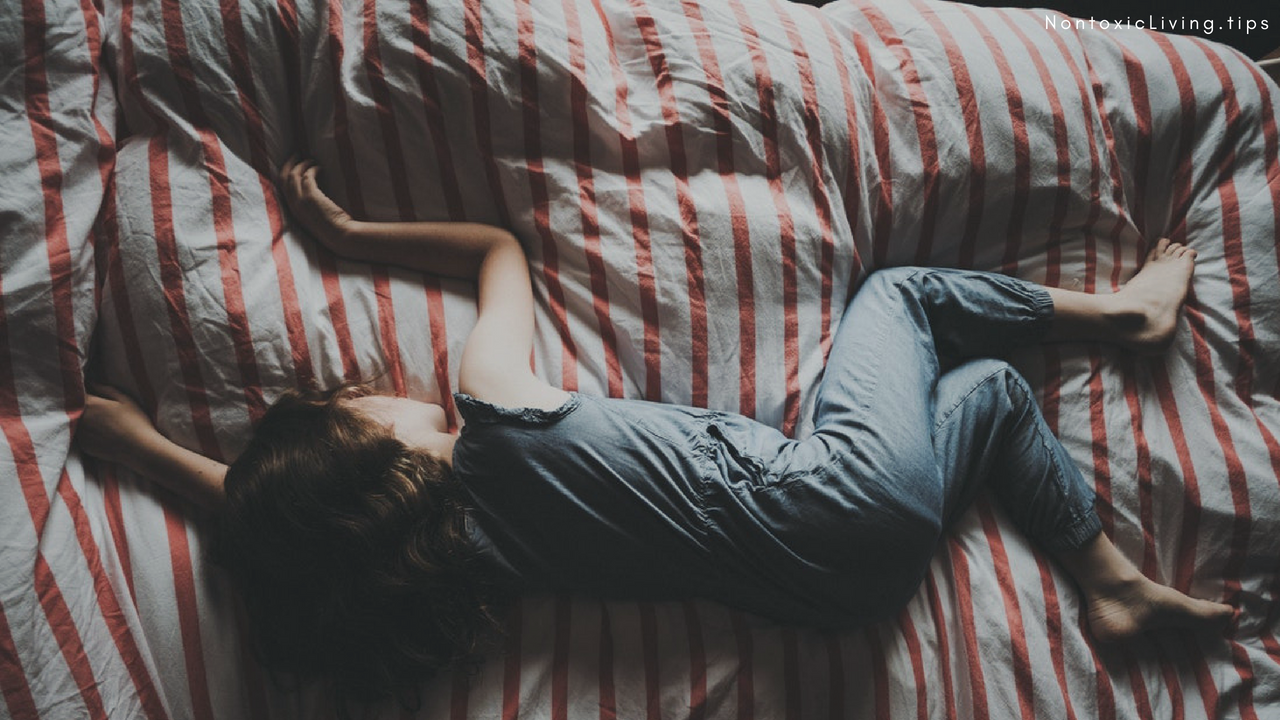
Sleep is Crucial For Healthy Kids
Jul 14, 2018by editorial team
The National Sleep Foundation reports that ninety percent of surveyed individuals admitted to using a technology device within an hour of bedtime, and many of these are children. According to the National Sleep Foundation, digital screen time can be psychologically and physically stimulating and disruptive to sleep. Adequate sleep is necessary for growth and development, learning, weight control and creativity.
- Growth hormone secretion occurs during sleep
- Sleep protects the heart by reducing stress hormones
- Sleep disruption affects hunger hormones ghrelin and leptin
- The body produces cytokines during sleep which help fight infection
- Kids that get a good sleep are less clumsy
- Healthy sleep promotes learning and attention span
Parent’s Magazine reports children’s rest is as essential as food and exercise.
How Electronic Devices Disrupt Sleep
Electronic devices disrupt the body’s internal clock, the circadian rhythm when used right before bedtime. Artificial blue light affects the sleep-inducing hormone melatonin. Electronic devices used before bedtime increases alertness, disrupts REM sleep, and causes carry-over fatigue the next day. The more electronic devices, the more sleep disruption occurs. Also, kids may stay up later texting or playing games on digital devices, which also creates sleep disruption.
The Simple Science of Light and Sleep
The body needs to know when to be awake and when to go to sleep. Photoreceptors in the retina of the eye sense light and dark, and signal the brain about the outside world. Before artificial light, people went to sleep when it was dark, and awakened at sunrise. The blue light of electronic devices emits enough light to promote wakefulness, more so than regular table lamp light.
Signs That Your Child is Not Sleeping Enough
Signs of poor sleep in children are not always as apparent as yawning and being cranky, although these are sure signs of fatigue. Sleep disruption and deprivation manifest differently depending on the age.
Kids are using technology at younger ages so the parent should monitor for possible sleep disruption related to digital screen use as soon as their kids starting using electronic devices. Electronic devices are not the only reason kids have disrupted sleep, but can be a cause and also contribute to increased problems, combined with other reasons, such as sleep apnea, poor habits, and routine, or a medical condition.
In elementary school-aged kids, the following signs may indicate your child has trouble sleeping.
- Hyperactivity
- Falls asleep at odd times
- Difficult to awaken in the morning
- Poor attention span
- Poor academic performance
- Falls asleep during short car trips
- Night terrors or sleepwalking
- Separation anxiety at nighttime
- Snoring
- Restlessness at night
Sleep difficulty in pre-teens and teens has a similar presentation as with younger children with difficulty awakening and trouble concentrating. The following symptoms are not as easily identified and can also be associated with sleep disturbance.
- Lack of motivation
- Increased irritability in the afternoon
- Sleeps a lot on the weekends
- Hyperactivity or aggressiveness
- Nervousness
- Excessive use of caffeine
- Drug use
- Confusion
Some Final Thoughts on Sleep
A well-rested child is well-armed on multiple health fronts for success. Nourishing sleep promotes healthy weight, enhances the immune system, promotes attention and creativity, and reduces irritability. In today’s hectic 24/7 world, getting quality sleep is challenging but an important priority for parents. One tool to help children get healthy sleep is to reduce digital screen time before bedtime as the blue-light of electronic devices can mimic sunlight and miscue the brain’s sleep-wake cycle.



